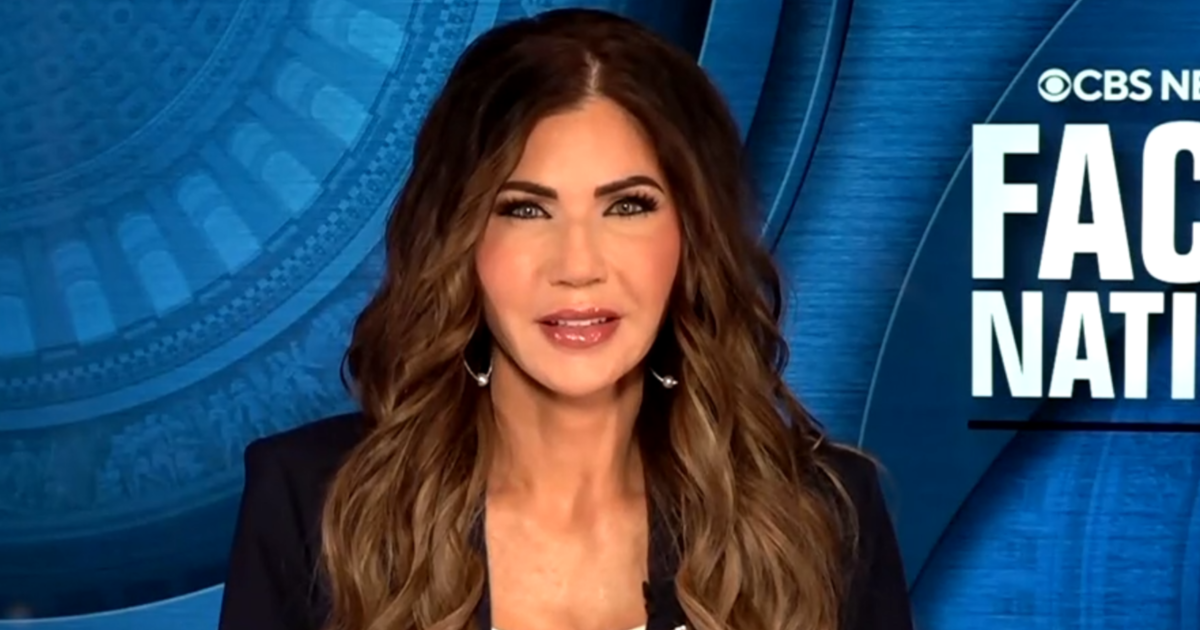Here's a wall both the GOP and Dems want to (re)build
Republicans and Democrats, who don't agree on much these days, are actually finding a common enemy during this divisive presidential election: Wall Street.
In the Republican National Committee's platform adopted ahead of its nominating convention this week in Cleveland, the party is calling for the reinstatement of the Glass-Steagall Act, a Depression-era law that prevented banks from mixing investment and commercial banking. The Democrats, whose convention in Philadelphia starts July 25, have a similar plank in their draft platform. It calls for an "updated and modernized" version of the law, whose 1999 repeal (signed by President Bill Clinton) many blame for leading to the financial crisis less than a decade later.
Party platforms are nonbinding and usually forgotten as soon as the election is over (or even the party conventions). They historically reflect an amalgam of views from party leaders, activists and the rank and file. But this year is different. The Trumpists and GOP leaders, who have incessantly railed against the much milder Dodd-Frank Act, obviously don't see eye to eye. And this GOP platform, in particular, shows signs of having been written by the Trump camp for maximum political advantage over Hillary Clinton.
Still, even though platforms are political documents more than statements of legislative intent, analysts at Keefe Bruyette & Woods argue that the odds of Glass-Steagall returning are higher than many investors realize.
"Not only would the global systemically important banks be forced to separate their commercial and investment banking businesses, regional banks and brokers would also be forced to divest subsidiaries if they offer both investment and commercial banking services," the firm wrote in a note to clients. "Also, we assume that foreign banks operating in the U.S. would also be forced to sell their U.S. investment banking businesses."
Glass-Steagall presents a particular challenge for the Democrats. Presumptive nominee Hillary Clinton, whose ties to Wall Street have come under fire, has expressed misgivings about reinstating the law in the past. Clinton's one-time rival, Vermont Sen. Bernie Sanders however, backs the idea as does Massachusetts Sen. Elizabeth Warren, who sponsored the latest iteration of Glass-Steagall that's pending before Congress.
Some pundits have argued that the GOP's sudden embrace of the law's return is a political gambit aimed at Sanders supporters. Officials with Warren's office couldn't immediately be reached for comment.
As Clinton's campaign noted, at an event today in Las Vegas, Nevada, she basically called Trump's bluff: "If Donald Trump actually wants to be tough on Wall Street, he'll stand with me in defending these rules [Dodd-Frank] and taking steps to build on them," she said. Clinton has also said reinstating Glass-Steagall isn't sufficient to fix the problems that ail the financial services industry. She has preferred what her campaign calls a "better, stronger comprehensive plan" to keep the giant banks in check.
"Wall Street CEOs are concerned about the degree of regulatory oversight," said Mike Mayo, a veteran banking analyst with brokerage CLSA. "The potential return of Glass-Steagall would put those concerns front and center."
Although Dodd-Frank helped rein in some risky Wall Street behaviors such as proprietary trading, in which banks took risky positions using money from their depositors, some economists say it didn't go far enough to prevent banks from being too big to fail. Warren's bill would end the privileged position derivatives have in bankruptcy proceedings, which allow their holders to get paid ahead of other creditors. Lehman Brothers' collapse in 2008 was blamed on its investment in those complex financial instruments.
"That would impose some market discipline," said Dean Baker, co-founder of the Center for Economic and Policy Research. "If we go back to 2007, 2008, and I had various derivatives issued by Lehman Brothers, I didn't have to worry about Lehman's financial shape because I was first in line" to get paid in the event of bankruptcy.
According to the Financial Services Roundtable (FSR), a trade group representing Wall Street's interest, repealing Glass-Steagall enjoyed bipartisan support in Congress because it got rid of anachronistic restrictions on the operations of financial services firms. Moreover, the FSR argues that the new business lines the industry entered in the wake of the law's repeal played no role in the financial crisis.
"While fashioning a system appropriate to today's financial environment is vitally important, relying on a system created 80 years ago is unlikely to be up to the task," wrote Robert Hatch, FSR's counsel for legal and regulatory affairs, in a blog post on the organization's website.
For now, the threat of a return of Glass-Steagall is more theoretical than real given the toxic political climate in Washington. Although, in today's unpredictable political world, anything is possible.



